Frontiers Estradiol Fluctuation, Sensitivity to Stress, and Depressive Symptoms in the Menopause Transition: A Pilot Study
$ 12.99 · 4.6 (100) · In stock

The menopause transition is associated with an increased risk of depressed mood. Preliminary evidence suggests that increased sensitivity to psychosocial str
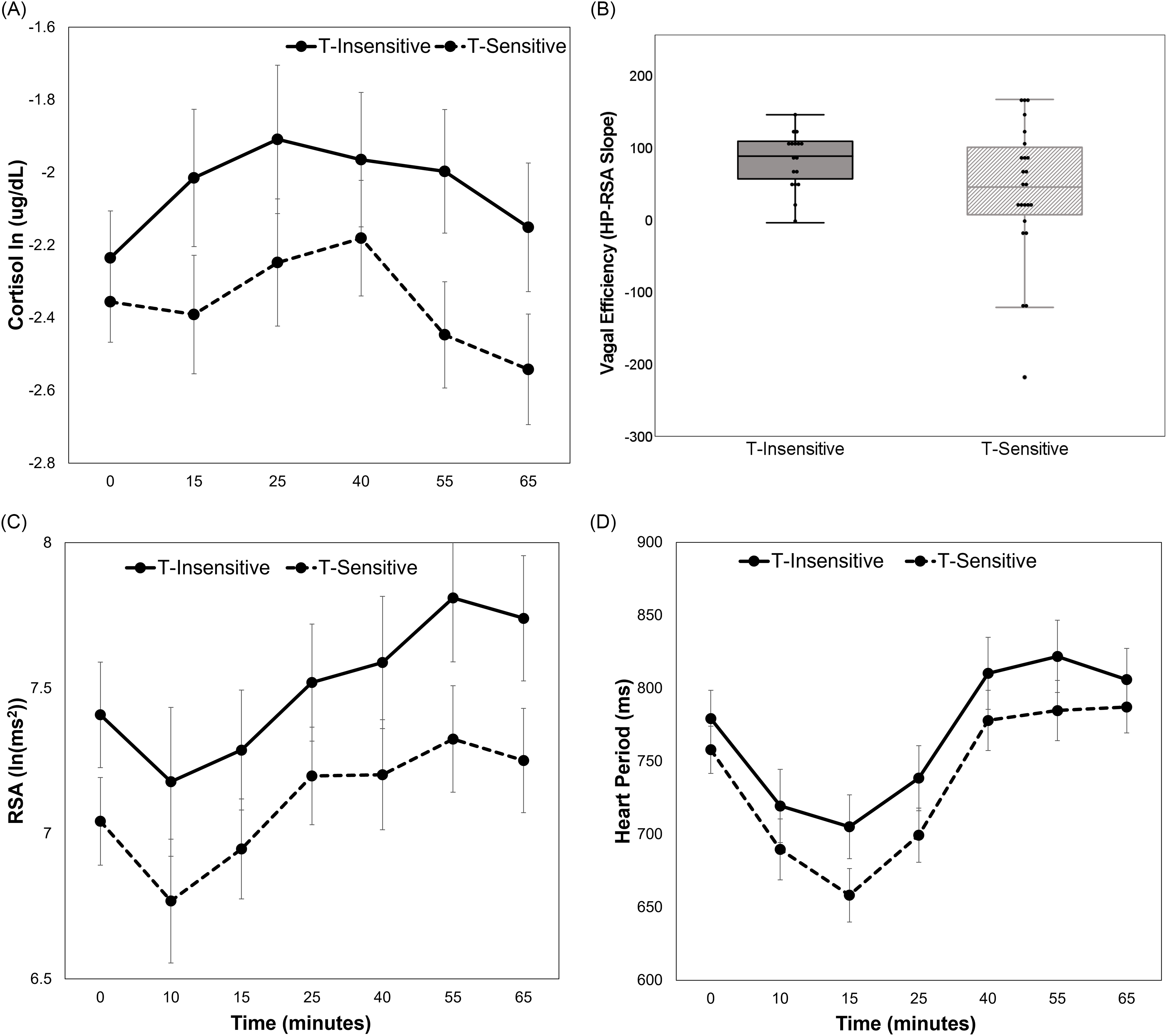
Biobehavioral mechanisms underlying testosterone and mood relationships in peripubertal female adolescents, Development and Psychopathology
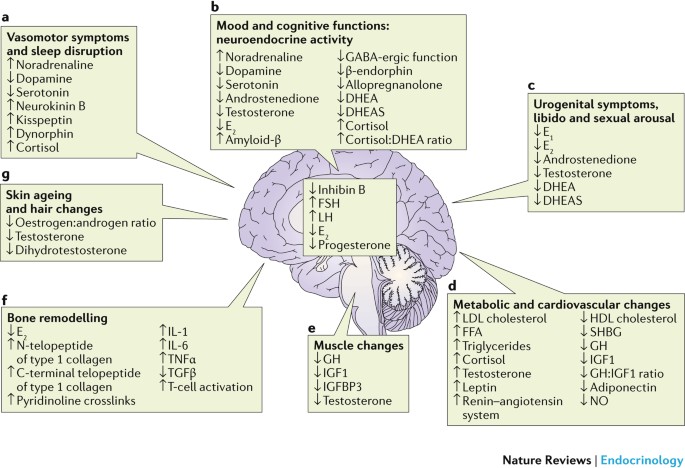
Symptoms of menopause — global prevalence, physiology and implications

Depressed, stressed, and inflamed: C‐reactive protein linked with depression symptoms in midlife women with both childhood and current life stress - Metcalf - Stress and Health - Wiley Online Library

Estrogen fluctuations during the menopausal transition are a risk factor for depressive disorders
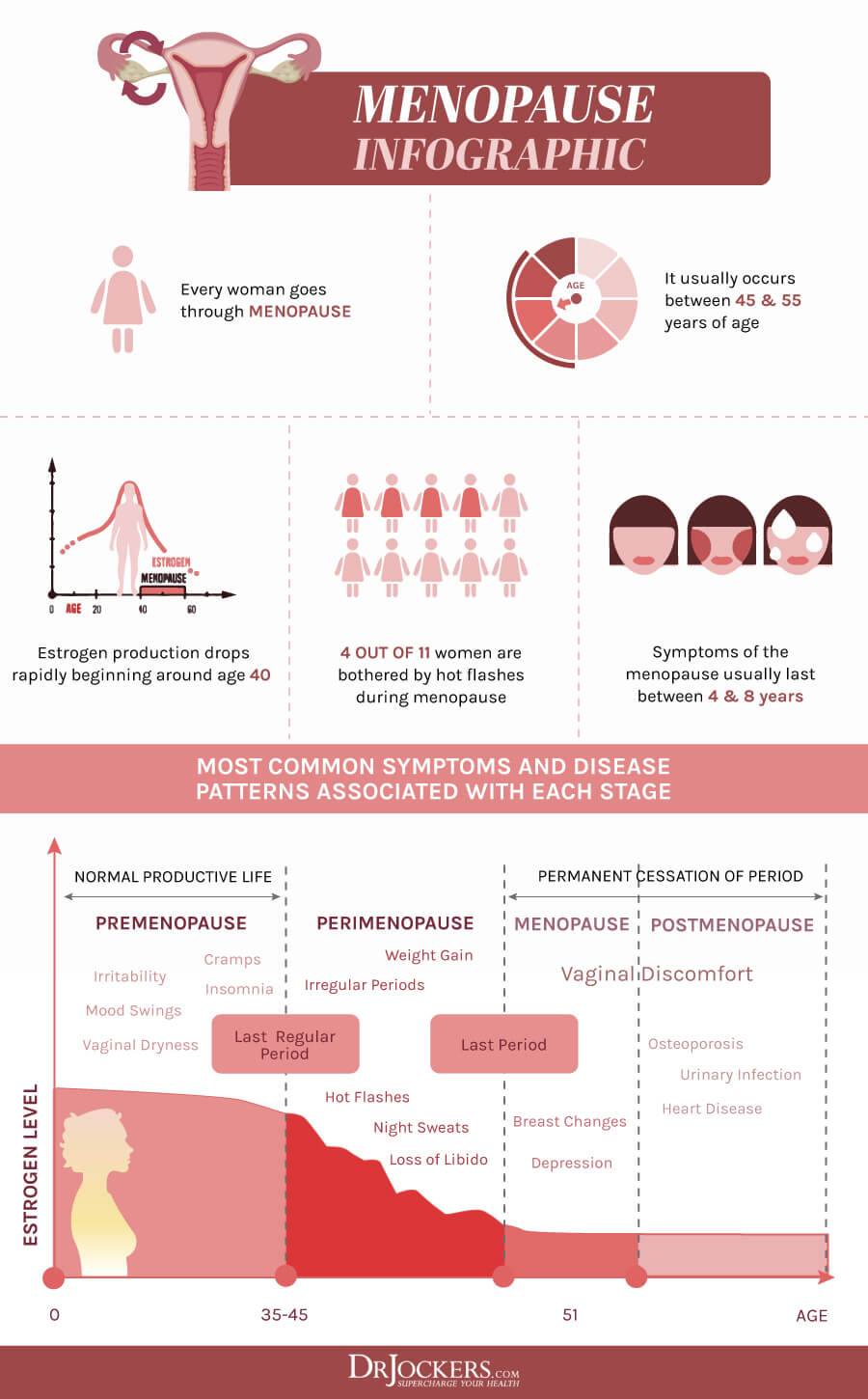
Women's Health Guide: Overcome 7 Common Female Health Concerns

Naturally Occurring Changes in Estradiol Concentrations in the Menopause Transition Predict Morning Cortisol and Negative Mood in Perimenopausal Depression - Jennifer L. Gordon, Tory A. Eisenlohr-Moul, David R. Rubinow, Leah Schrubbe, Susan

Progesterone – Friend or foe? - ScienceDirect
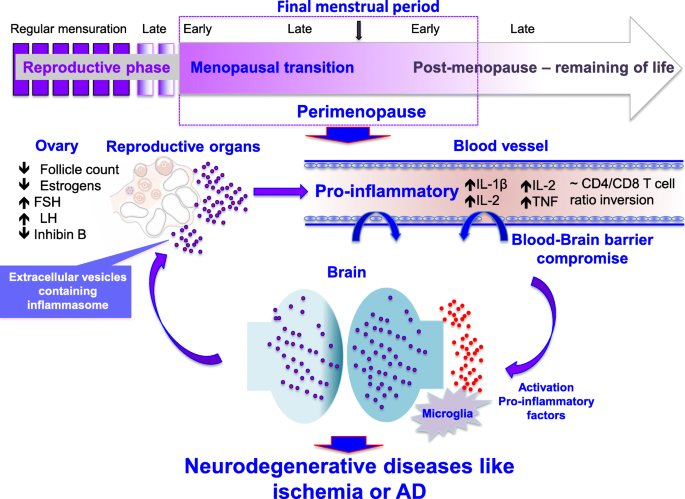
The peri-menopause in a woman's life: a systemic inflammatory phase that enables later neurodegenerative disease, Journal of Neuroinflammation
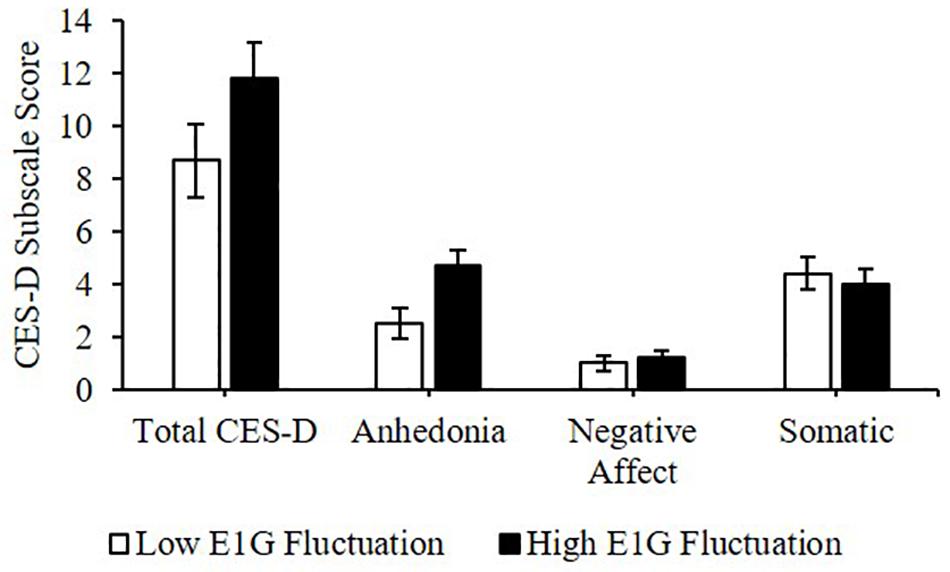
Frontiers Estradiol Fluctuation, Sensitivity to Stress, and Depressive Symptoms in the Menopause Transition: A Pilot Study

PDF) Can depression be a menopause-associated risk?

Hormonal Treatments for Major Depressive Disorder: State of the Art. - Abstract - Europe PMC
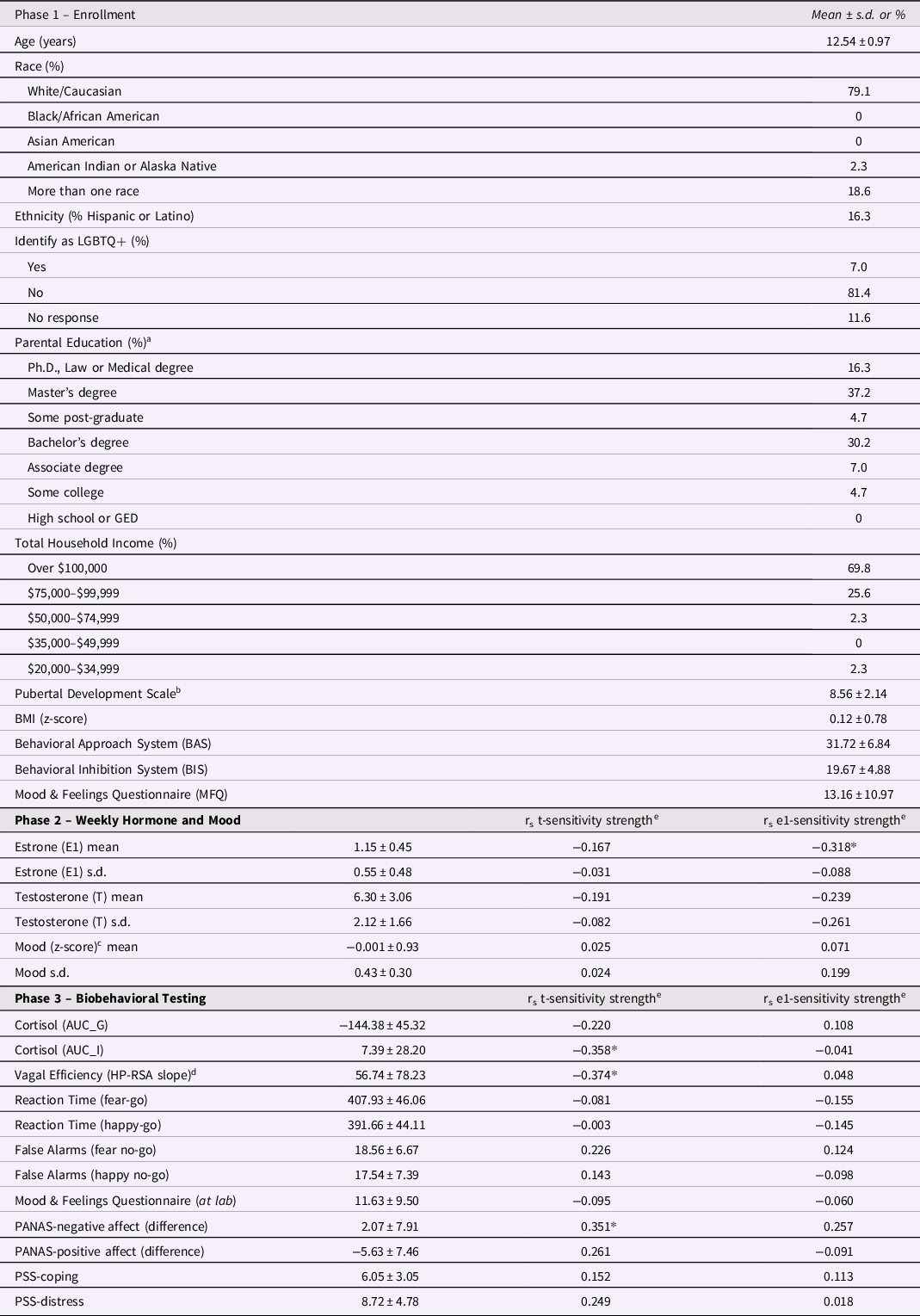
Biobehavioral mechanisms underlying testosterone and mood relationships in peripubertal female adolescents, Development and Psychopathology